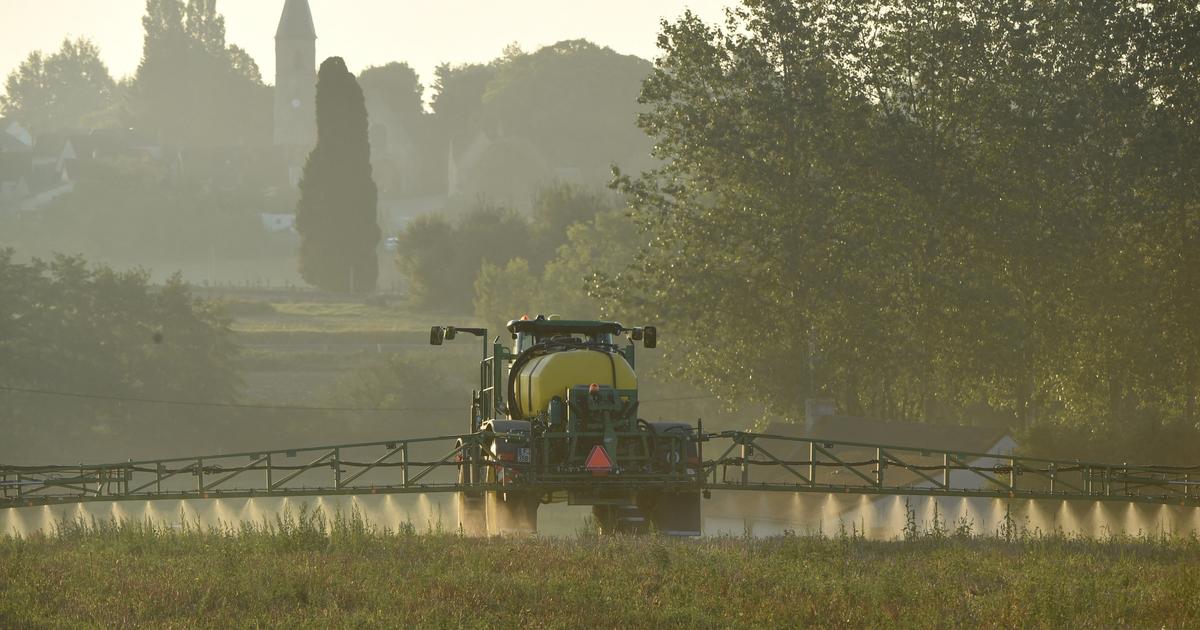The main uses of S-metolachlor, a powerful agricultural herbicide whose chemical derivatives have been detected beyond the authorized limits in groundwater, are now prohibited in France, according to decisions published Thursday, April 20 by the French Security Agency health (ANSES).
After the withdrawal of around ten marketing authorizations (AMM), the sale and distribution of plant protection products based on S-metolachlor will remain authorized until October 20, 2023 and the stocks of these products, widely used on maize, sunflower and soybeans, may be used until October 20, 2024.
The fate of this herbicide had aroused emotion in the agricultural world, the majority union FNSEA demanding its maintenance "
for lack of alternatives
".
At the end of March, the Minister of Agriculture Marc Fesneau had asked ANSES "
a reassessment of its decision
", which would deprive French farmers of this weedkiller before the ban is generalized throughout the European Union. .
“Metabolites”
ANSES announced on February 15 that it wanted to ban the main uses of S-metolachlor, “
one of the most widely used herbicidal active substances in France
”: after use in the fields, this substance degrades into chemical derivatives, “
metabolites
” , which end up in soil, surface water and groundwater - and therefore potentially in drinking water.
During recent “
checks of water intended for human consumption, three metabolites of S-metolachlor were frequently detected at concentrations exceeding the quality standards
” set by European legislation, the agency said in February.
ANSES had explained that it was therefore initiating a "
procedure for the withdrawal of the
main
uses
of plant protection products based on S-metolachlor
", mainly marketed by Syngenta, the German heavyweight in the sector.
I will not be the minister who abandons strategic decisions for our food sovereignty.
Marc Fesneau, Minister of Agriculture
“
I will not be the minister who will abandon strategic decisions for our food sovereignty at the sole discretion of an agency
”, had reacted Marc Fesneau in front of the farmers and representatives of the FNSEA gathered in congress in Angers (Maine-et-Loire) .
"
We must base ourselves on science to evaluate before deciding (...) but ANSES is not intended to decide on everything, all the time, outside the European field and without ever thinking about the consequences for our sectors.
“, he added.
The charge caused a number of environmental NGOs to react, but also elected officials, who see it as an attack on the independence of ANSES and recall that S-metolachlor is classified as a "suspected carcinogenic
substance
" by the European Products Agency. chemicals (ECHA) since last June.

